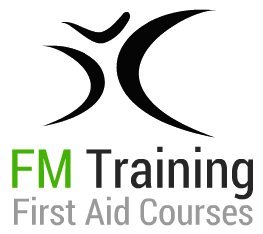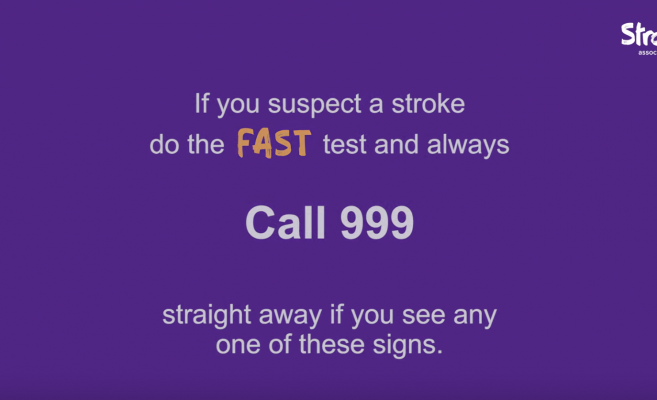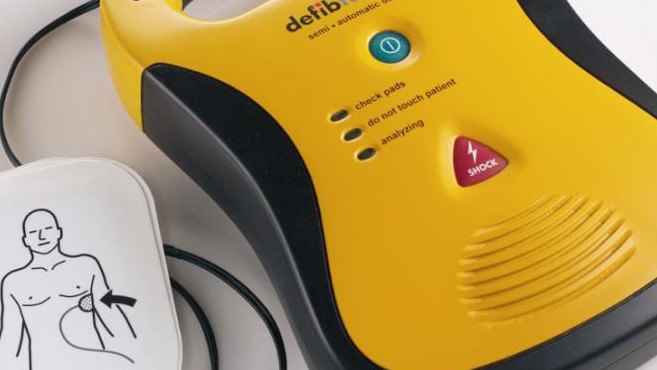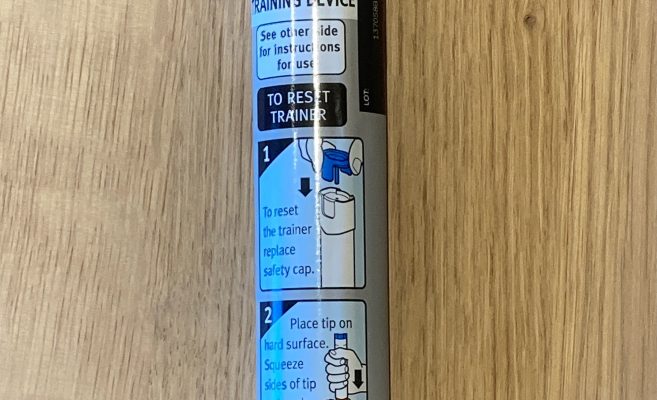Heart attack: How to recognise and what to do
0 CommentAccording to the British Heart Foundation statistics, sadly someone is taken to hospital with a heart attack every three minutes. We feel it is necessary to spread the word about this condition and ensure that you know how to respond if someone around you experiences one. A heart attack is caused by a sudden obstruction…










